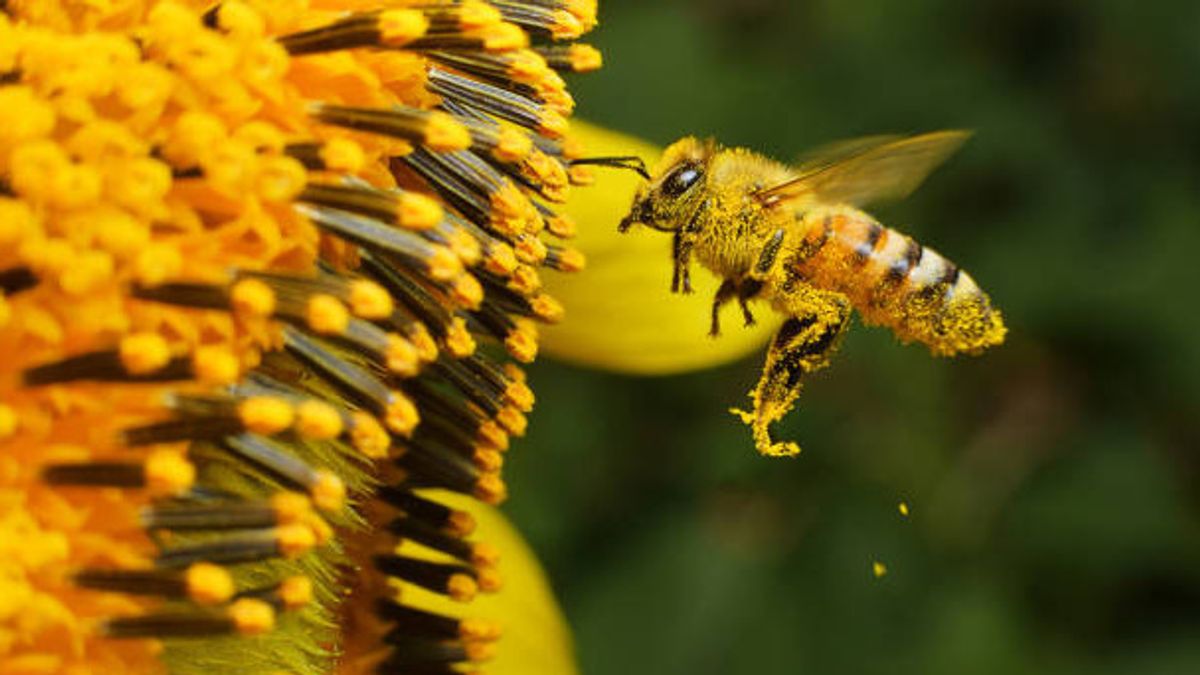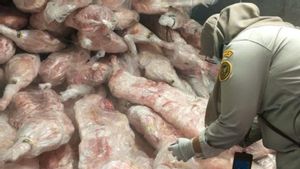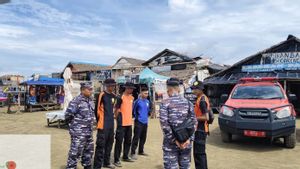JAKARTA - Guard plates have been trained to smell explosives and drugs by an British academic who has also taught them to find landmines. Honey plates will be ready for their new role to save lives within the next five to ten years, and are also being trained to find dangerous materials such as pesticides and radioactive metals.
As part of a NATO-funded project, Ross Gillanders, a researcher at St Andrews University, released a bee near a potential minefield to search for explosives from a distance of several kilometers. Using a process known as the 'Pavlovian association' between the smell of explosives and sugar water, bees are trained to think that the aroma is my favorite. Once released, the bee will land where the bomb is located.
"Currently we know they can detect landmines from about 100 meters away, but they should be able to reach kilometers. That should happen as soon as they are trained and released," Dr Gillanders told The Times.
"They are used to the smell so they realize after a few days that they have been winding them. Every few days you have to retrain them, but hopefully by that time they will have found the explosives," said Dr Gillanders.
However, scientists say that you never know what can happen when working with bees and during one experiment, Gillanders was even bitten 20 times on the ankle.
Dr Gillanders is also working in a team with a scientist who uses bees to map the Chernobyl area after the nuclear disaster.
Researchers at Cologne University in 2015 claimed that bees could eventually replace dogs in detecting drugs at airports. Lecturers are considered as good as sniffer dogs but cheaper and easier to feed than sniffer dogs currently in use.
In a project in the United States, bees were used to detect explosives on vehicles at checkpoints. The bees underwent a Pavlovian condition that prompted them to stick their 'flots' out when the target material smelled.
The English, Chinese, Japanese, Arabic, and French versions are automatically generated by the AI. So there may still be inaccuracies in translating, please always see Indonesian as our main language. (system supported by DigitalSiber.id)












